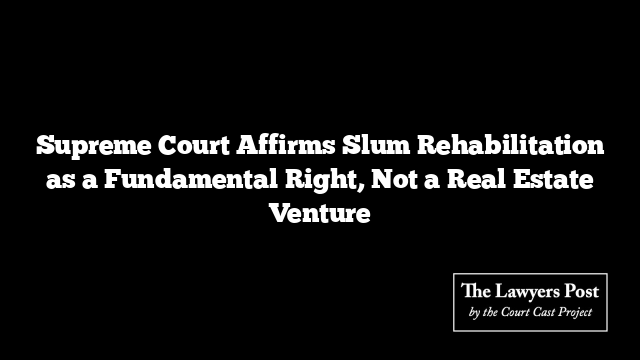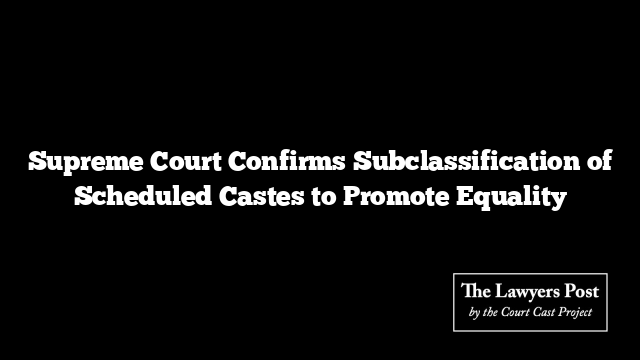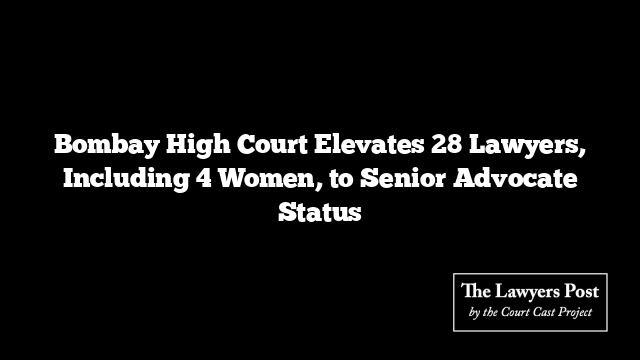In a pivotal decision, the Supreme Court of India has emphasized that slum rehabilitation initiatives should not be conflated with real estate development projects. Justices PS Narasimha and Aravind Kumar declared that such schemes are deeply intertwined with the right to life, addressing the dire living conditions of residents.
The case at hand involved a developer appointed by the Borivali Cooperative House Society in Mumbai, which oversees slum redevelopment. This project, falling under the Maharashtra Slum Areas (Improvement, Clearance and Redevelopment) Act, 1971, faced significant delays over two decades. The Apex Grievance Redressal Committee (AGRC) terminated the redevelopment agreement in 2021 due to the prolonged inaction. This decision was upheld by the Bombay High Court, leading to the current appeal.
The appellant argued that delays were justified due to litigation with other builders and issues obtaining environmental clearances, as well as challenges with slum residents. In contrast, the respondent contended that the developer lacked the necessary financial and technical resources, and that these delays were not excusable.
The Supreme Court firmly stated that the Slum Rehabilitation Authority (SRA) and its Chief Executive Officer (CEO) must ensure timely completion of rehabilitation projects. The Court underscored that statutory provisions require adherence to deadlines, and failure to do so may warrant legal remedies, including writs of mandamus.
Rejecting the appellant’s arguments, the Court found that delays, including an eight-year dispute with a competing builder, were unacceptable. It highlighted that the developer should have managed all required processes effectively and that resident non-cooperation alone cannot justify such extensive delays.
Referencing past rulings, the Court affirmed that the SRA has the authority to reassign projects if delays persist. It also noted that slum residents should not endure prolonged periods in inadequate transit housing without proper upkeep.
The Court’s ruling dismissed the appeal and imposed a penalty of Rs. 1,00,000 to be paid to the Supreme Court Mediation and Conciliation Project Committee, reaffirming the essential nature of slum rehabilitation as a fundamental right rather than a commercial venture.
Download Judgement





